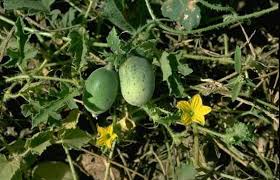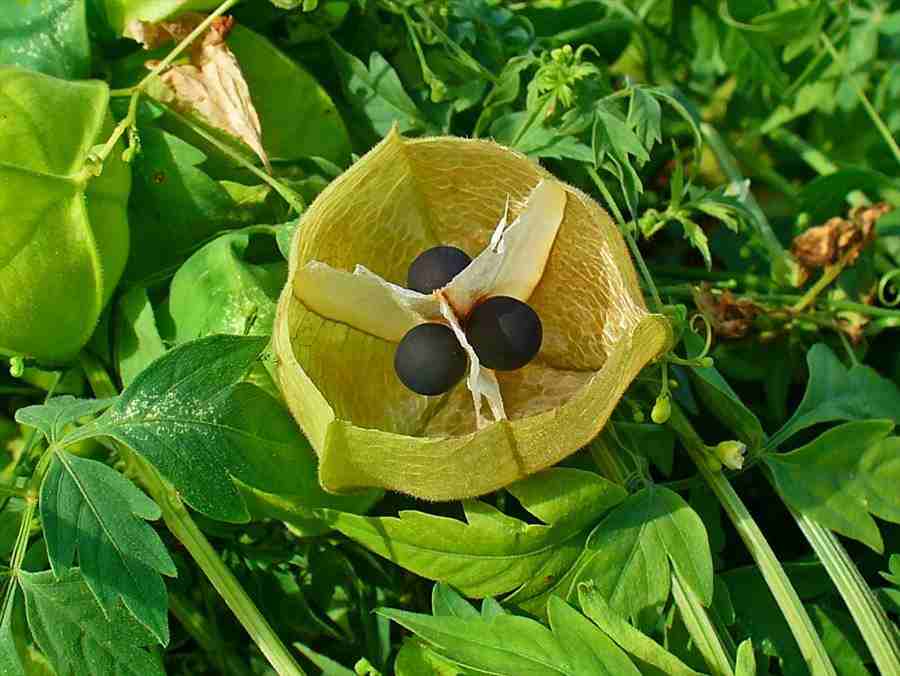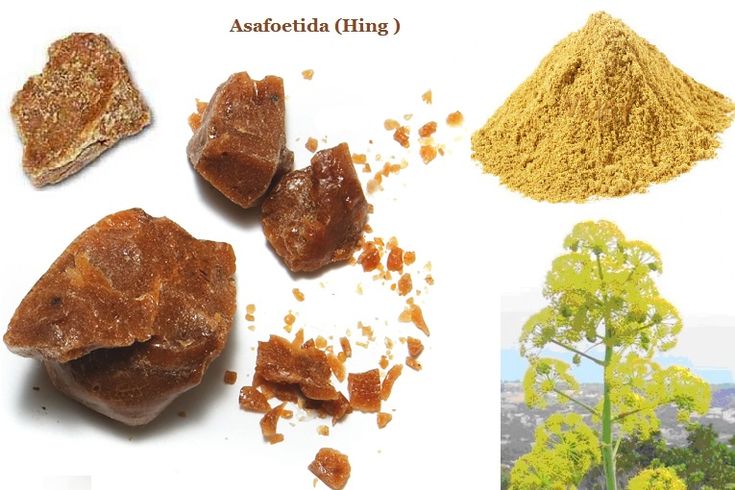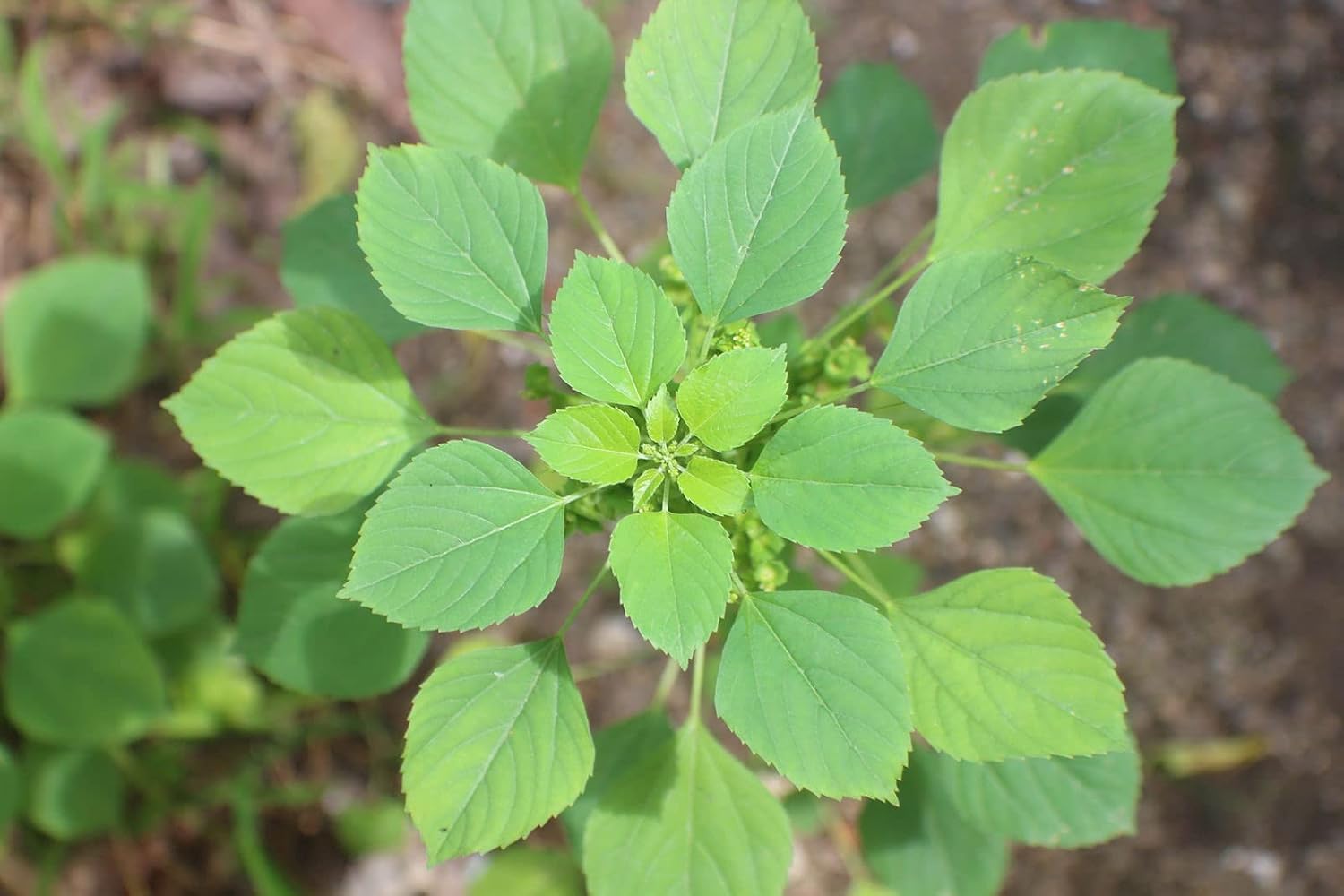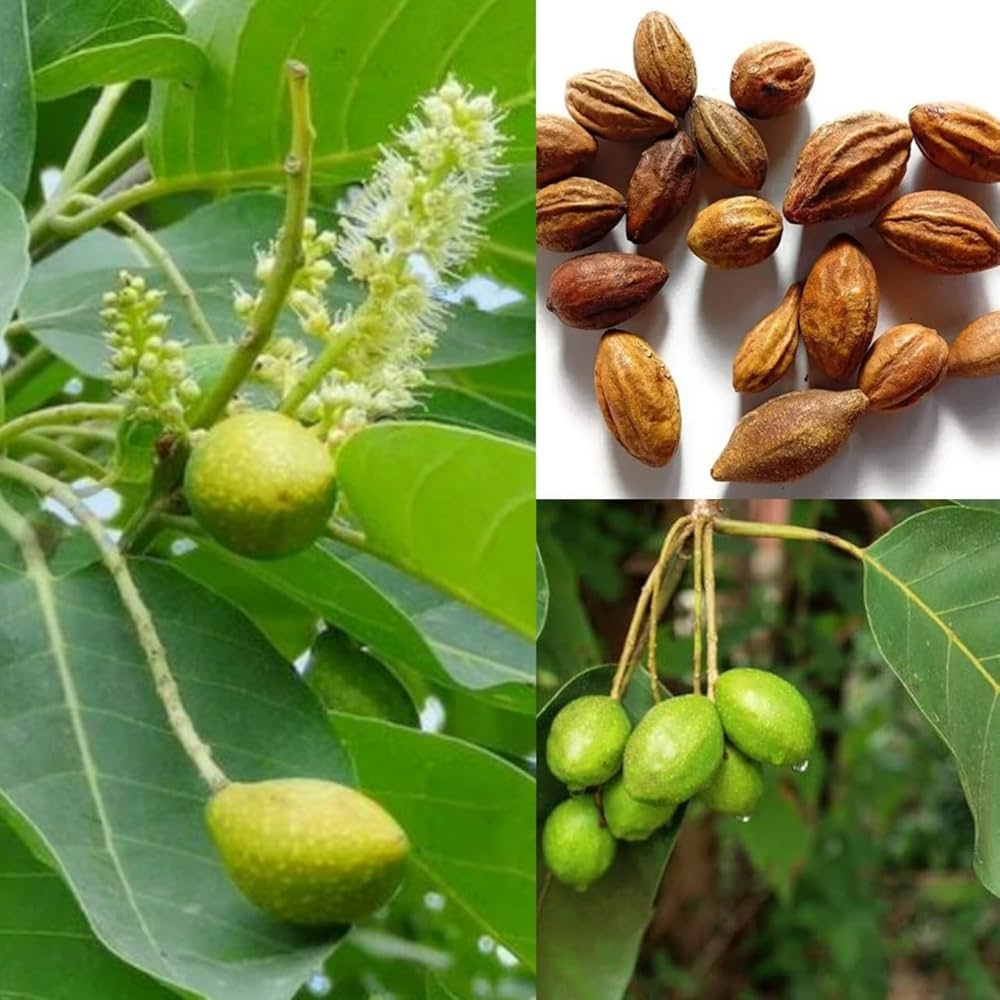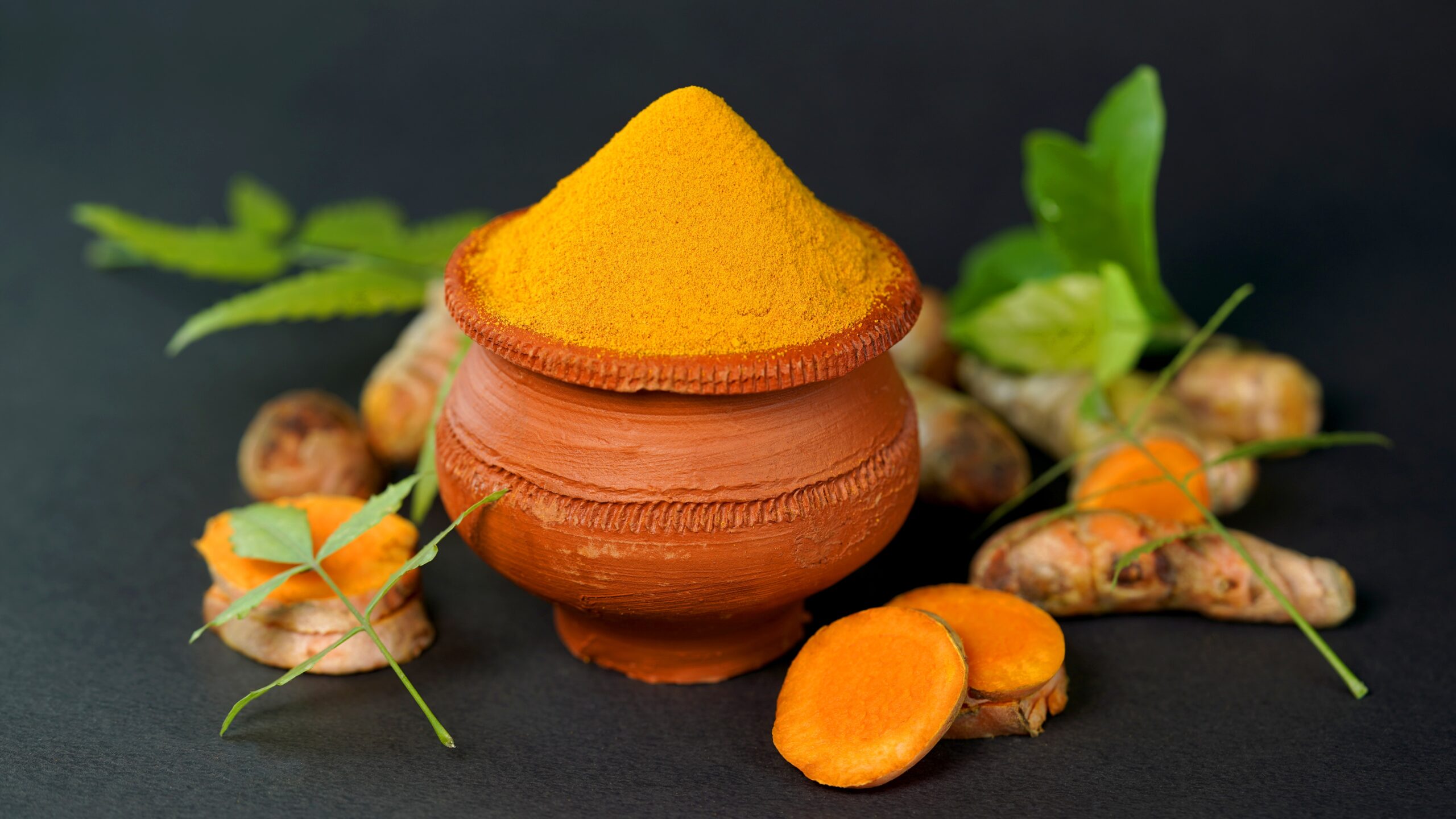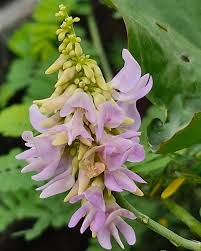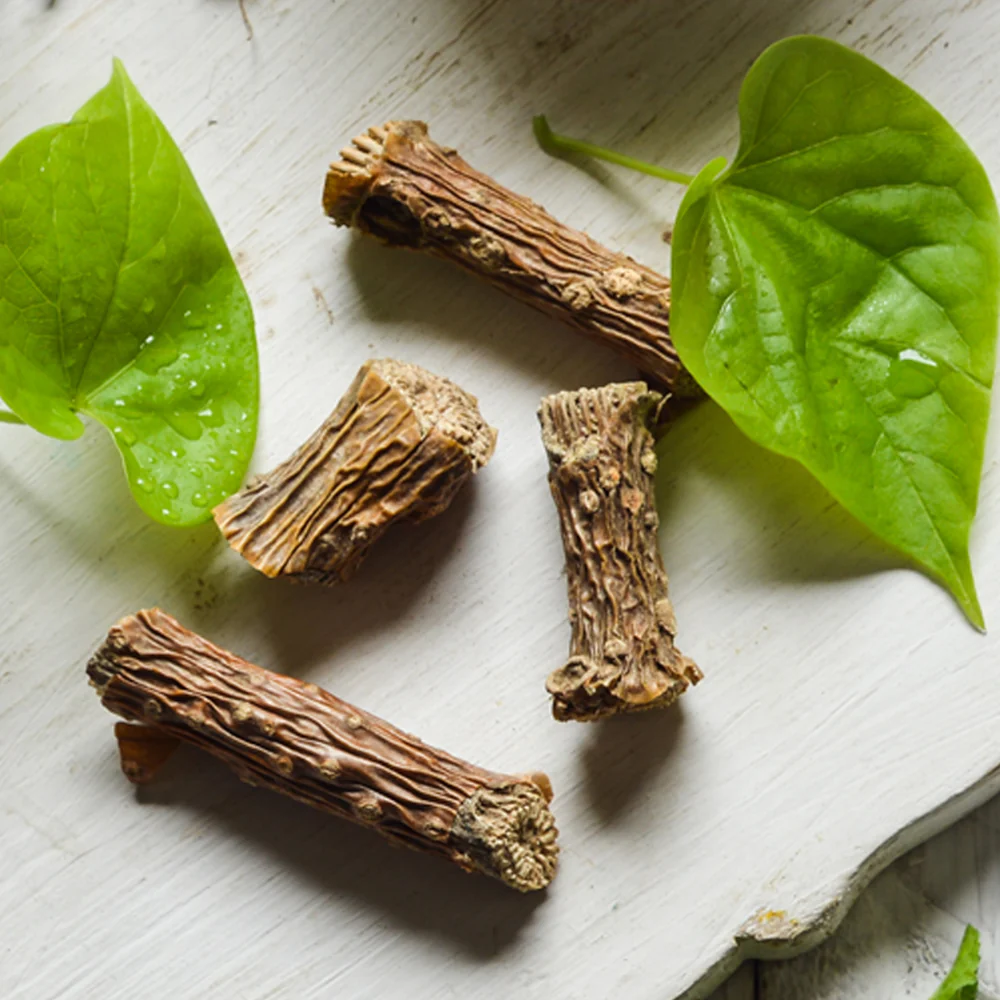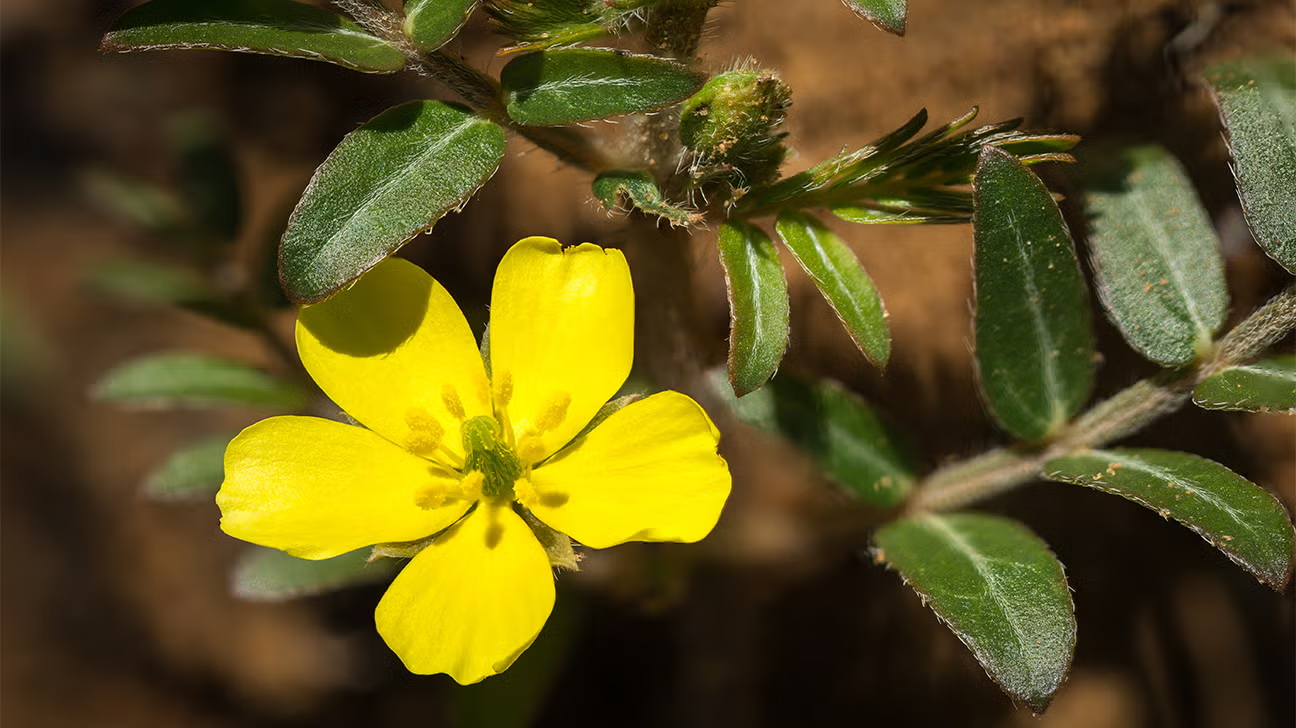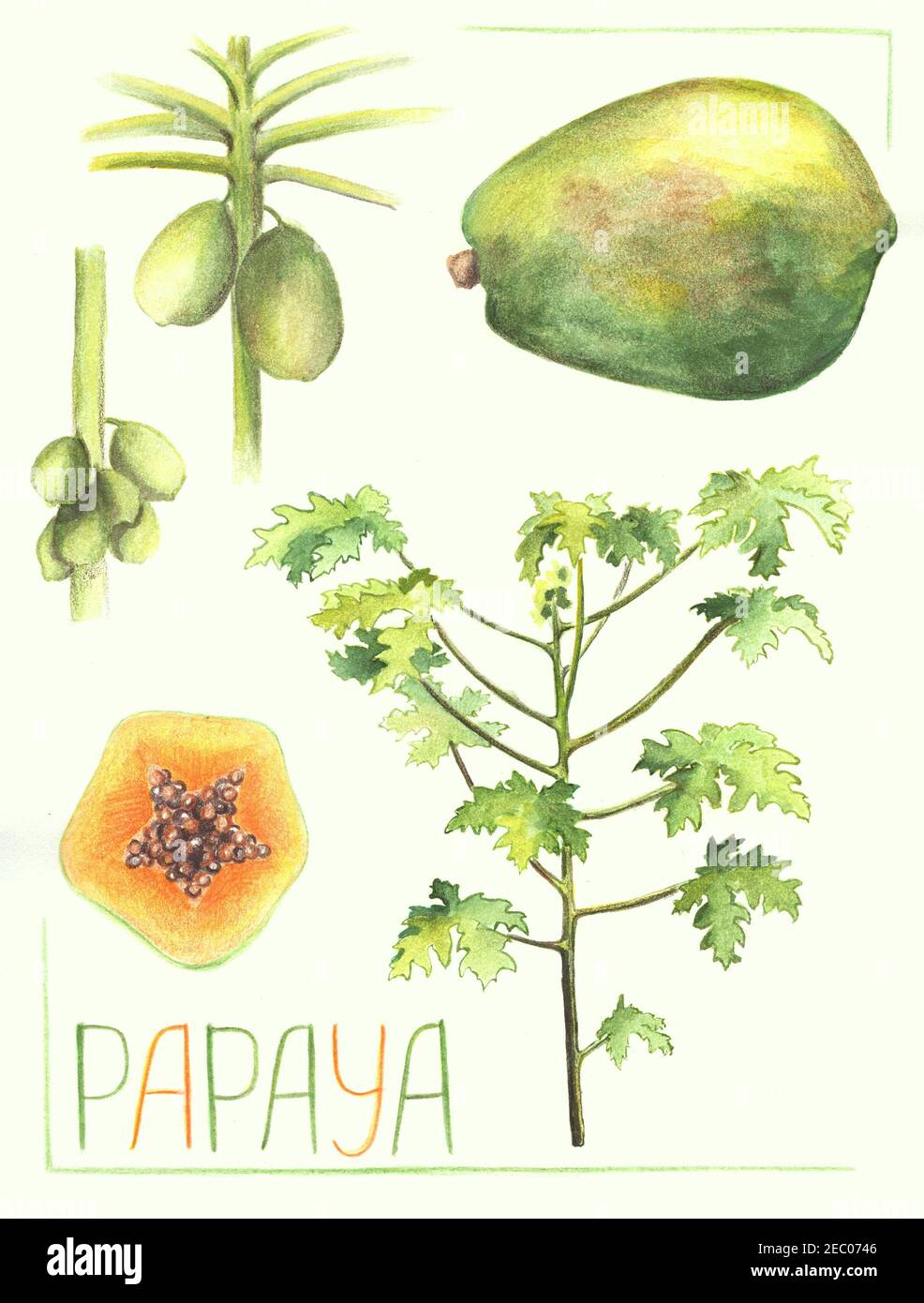Ayurveda, meaning “science of life” in Sanskrit (ayu = life, veda = knowledge), is a holistic healing system that originated in India over 3,000 years ago. It’s one of the world’s oldest medical traditions, emphasizing balance between body, mind, and spirit to promote health and prevent disease. Herbal medicine is a cornerstone of Ayurveda, integrated with lifestyle practices, diet, and spiritual disciplines.Revered as one of the world’s oldest medical traditions, it’s more than just a way to treat illness—it’s a philosophy for living well.

The Foundation: Three Doshas
Core Principles
Ayurveda views health as a state of equilibrium among three fundamental energies or doshas: Vata (air/ether), Pitta (fire/water), and Kapha (earth/water). Each person has a unique constitution (prakriti) determined by the dominance of these doshas at birth, and imbalances (vikriti) cause illness. Herbs, alongside diet and practices like yoga, restore harmony.
Vata:

Governs movement (nervous system, circulation). Imbalance leads to anxiety, dryness, or insomnia.
Pitta:

Controls metabolism (digestion, heat). Excess causes inflammation, anger, or ulcers.
Kapha:

Manages structure (bones, fluids). Overload results in lethargy, congestion, or weight gain.
Role of Herbs in Ayurveda
Ayurvedic herbal medicine uses whole plants—roots, leaves, flowers, bark, seeds—to balance doshas, leveraging their tastes (rasa), energies (virya), and post-digestive effects (vipaka). Herbs are chosen based on their properties and the individual’s needs, often combined in formulas for synergy.
Key Herbal Concepts
- Six Tastes (Rasa): Sweet, sour, salty, bitter, pungent, astringent. Each affects doshas differently (e.g., sweet calms Vata, bitter cools Pitta).
- Potency (Virya): Heating (e.g., ginger) or cooling (e.g., sandalwood) effects guide usage.
- Action (Karma): Herbs are classified by effects like cleansing (shodhana), nourishing (brimhana), or pacifying (shamana).
- Delivery: Herbs are prepared as teas, powders (churna), pastes, oils, or decoctions (kwatha), often with carriers (anupana) like ghee or honey to enhance absorption.

